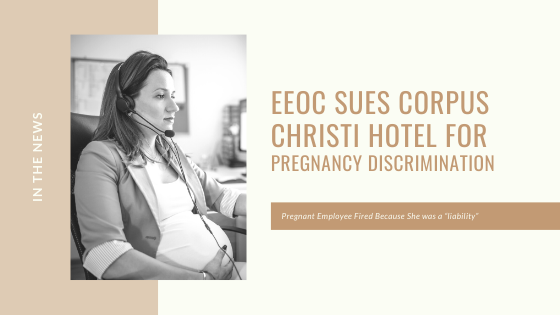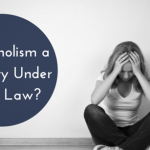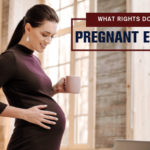On January 25, 2021, the EEOC filed a lawsuit in federal court alleging that Awon Phie LLC d/b/a Holiday Inn Express & Suites violated federal law when it fired an employee because she was pregnant. It is alleged in the lawsuit that a manager at the hotel told the employee that she was a “liability” because of her pregnancy and fired her. If proven, the actions by the hotel violate Title VII of the Civil Rights Act on 1964, which prohibits pregnancy discrimination in the workplace. As one of the EEOC attorneys has been quoted in this case, “[a] pregnant employee who is ready, willing, and able to work has the right to continue to earn a living.”
Pregnant Employees have Legal Rights
With the passage of the Pregnancy Discrimination Act of 1978, Title VII of the Civil Rights Act of 1964 was amended to protect pregnant employees from discrimination in the workplace. The Pregnancy Discrimination Act protects female employees (or applicants) from discrimination or harassment in the workplace on the basis of pregnancy, childbirth, or related medical conditions. If a pregnant employee is willing and able to work, an employer cannot fire that employee or force her to stop working. Furthermore, pregnant employees are protected from harassment by their employer, which could include unwanted comments, jokes, or other behavior that creates a hostile or offensive work environment.
What is the EEOC’s role?
The EEOC is a federal agency that is responsible for investigating allegations of discrimination in employment. Individuals in Texas have 300 days from the date of any discriminatory act to file what is called a Charge of Discrimination with the EEOC. After a Charge of Discrimination has been filed, the EEOC conducts an investigation (lasting 180 days or longer) into the allegations of discrimination. At the conclusion of its investigation, the EEOC has the authority to file a lawsuit in federal court on behalf of the employee (and any similarly situated employees) to enforce the law and prevent any further discrimination. Even if the EEOC does not decide to file a lawsuit, the employee receives a Right to Sue letter from the EEOC that affords the individual the right to file suit in federal court on her behalf.
Do I need an employment lawyer?
While it is not required to have legal representation through the Charge of Discrimination process before the EEOC, it is highly recommended that you seek out an employment lawyer in your area prior to filing (time permitting). An employment lawyer can help focus the allegations on what is most relevant and help navigate through the intricacies of both the law and the EEOC administrative process.
If you have been discriminated against, harassed, or fired while pregnant, or if you have any questions about your legal rights as a pregnant employee under both Texas and federal law, please do not hesitate to contact an employment discrimination lawyer for a free initial consultation.









